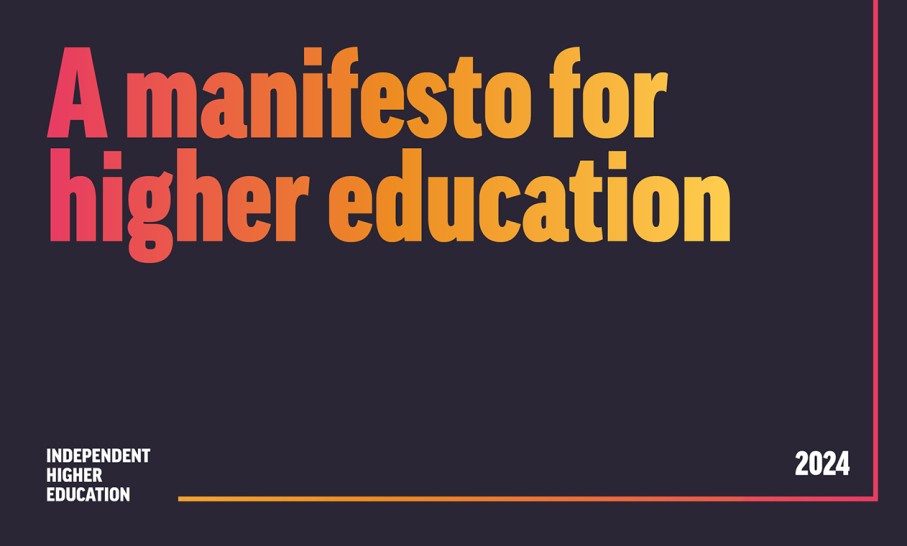
Independent higher education providers are ready to deliver real choice and innovation in a tertiary education system
The next Government should:
- Commit to the LLE as the foundation for flexible learning through tertiary education
- Task a Tertiary Education Commission with refocusing regulation on growth and innovation
Royal Academy of Dance (RAD)
The Royal Academy of Dance (RAD) is a globally renowned dance education and training organisation, based in London and operating in 85 countries with 36 international offices. With a commitment to higher education RAD provides training for dance teachers, offering Bachelors and Masters degrees and routes to becoming qualified dance teachers with Registered Teacher Status. Alumni have the opportunity to join the Continuing Professional Development (CPD) scheme and continue their learning throughout their careers. CPD courses are available to all, including those without a prior RAD qualification.
BA and MA degrees are delivered through a well-established validating partnership with the University of Bath. RAD has also been regulated by Ofsted for their initial teacher education provision (rated Outstanding), which due to more regulatory changes will be ending this year. RAD is also registered with the Office for Students so that eligible students can access maintenance and tuition loan funding, and so RAD can apply for a student sponsor licence. To teach the range of education they do, RAD is also recognised to award qualifications on the Regulated Qualifications Framework (RQF) by the different bodies responsible for examinations and assessments in England, Wales and Northern Ireland.
To create flexibility for students with work commitments and accommodate the needs of their global community, RAD has developed an online offering of their programmes. The Certificate in Dance Teaching (Ballet) has been purposefully designed for digital delivery in seven languages (raising to nine by January 2025), with interactive materials that offer a choice of methods to suit learning preferences. Individual digital literacy skills are supported alongside the course, as well as forming part of the course content itself to meet the needs of the modern teaching profession.
RAD is an excellent example of a truly tertiary provider poised to support LLE, if given the chance
RAD is a true tertiary provider, offering vocational, higher and professional qualifications across their specialist subject. Their diverse offer allows them to support their industry, but introduces great complexity as each area is regulated differently. Remaining compliant consumes significant resource; the professional staff team at RAD is small. Offering courses to international students adds additional difficulty in trying to align each of the tertiary components with separate Home Office policy - this is normally designed for providers with a much more narrow offer.
If the new Lifelong Learning Entitlement (LLE) were able to look beyond traditional definitions of technical skills, RAD could continue to revolutionise how the world views dance. They could offer specialist dance teaching certificates to practitioners in allied fields like physical education, creative therapy, and health - bringing the benefits of dance to a broader audience. The innovations from their famous Silver Swans programme could be offered in care settings; dance could reach classrooms around the world where access to a specialist dance teacher is limited. RAD is an excellent example of a truly tertiary provider poised to support LLE, if given the chance.
RAD are experts at dance education, determined to respond to the needs of learners throughout their careers and the profession as a whole. But to achieve their mission they also had to become experts at navigating overlapping and interconnected regulatory requirements across the tertiary landscape. A more aligned tertiary system would better utilise regulatory resource and allow innovative providers like RAD to focus on their true purpose.